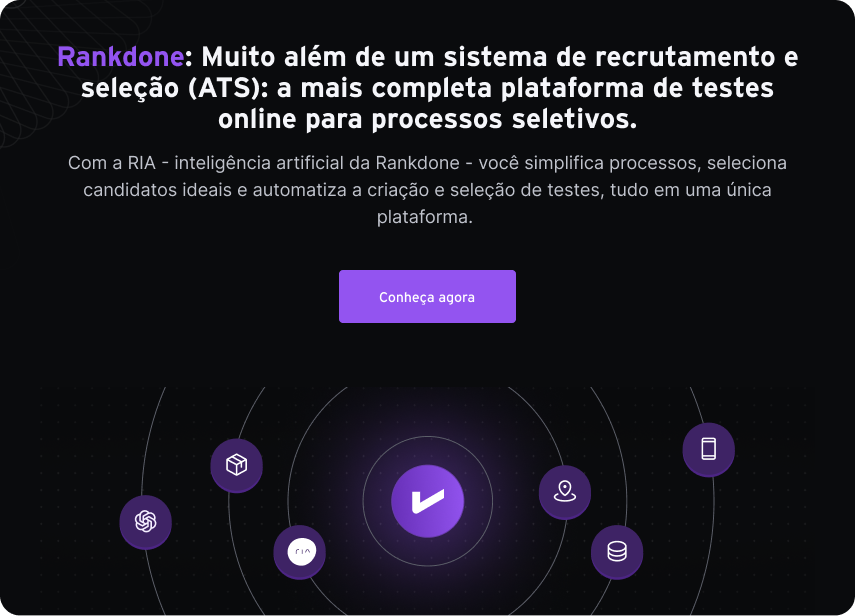by Riia O'Donnell
When looking to recruit for an opening in IT, what’s more important, experience or ability? The question is one that confounds many recruiters and IT managers. Which is more relevant to the work being performed – the ability to reference past knowledge and situations, or the ability to work on the fly and innovate? The answer, in tech recruitment, is specific to the hire you wish to make, but here’s insight from a leader in the industry:
Tech Hiring Hints
In 2014, Google’s head of people operations,
Laszlo Bock offered an Op/Ed for the New York Times about how the company shifted its focus in hiring. After spending years analyzing what constituted success for employees they found GPAs and high level schools were not a factor. He noted that graduates of the top schools often lack “intellectual humility,” a must-have for people who learn. He explained that the percentage of non-college graduates at the company was increasing. The top talent they look for in candidates is learning ability, not experience or Ivy League credentials.
The question remains for employers, if they adopt the Google model (and who wouldn’t), how to determine whether an applicant has the humility to know when they’re in over their head, and who has the ability to learn from their mistakes and grow.
Tech Recruitment Tools
An excellent question every recruiter should have in their tool belt is “tell me about an epic failure, and how you corrected or learned from it.”
For some candidates, the answer will be a litany of how others created the situation for which they came to the rescue – red flag. This is not someone who views mistakes as an opportunity to learn: they look to the failure of others as a chance to show off their ability.
For other candidates the offering will be an error that is commonplace and easily corrected – another red flag. These candidates might lack the humility to admit there are some areas beyond their scope: they want to soft-pedal anything they believe could be damaging to their chances – when, in fact, the opposite is true.
Those candidates who discuss real challenges - how they came to be, came to be found, and came to be overcome might be the ones worth a second look, even if their experience on paper doesn’t stack up to the competition. These are the innovators, the talent that looks at everything as an opportunity to learn and experiment. If you’re looking for a drone that keeps an existing system running, they will quickly bore and move on. If you’re looking for ideas and visionaries, look for the candidates who know their limits and are anxious to push them.
Skills First
Of course, beyond the desire and ability to learn, is the need for at least the basic skill set required for the job. In a market where talent is scarce, employers must be able to find those basics before they move on to the next phase of hiring. Once you’ve let Rankdone assess the skills you need, you’ll know you’ve covered the basics. From there, let the position you’re hoping to fill dictate whether you need a worker bee or trailblazer.




